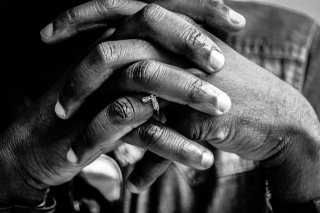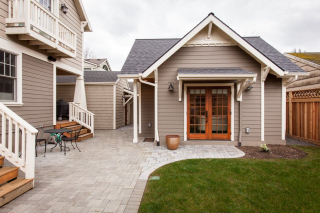 We hope to enjoy out golden years, relaxing after decades of working and raising children. However, as we age, the likelihood of experiencing health issue increase. That includes Alzheimer’s disease and other forms of dementia.
We hope to enjoy out golden years, relaxing after decades of working and raising children. However, as we age, the likelihood of experiencing health issue increase. That includes Alzheimer’s disease and other forms of dementia.
Learning that a loved one has Alzheimer’s or other diseases that require a great deal of health care is devastating to the individual and their families. The progressive nature of these diseases means that while the person doesn’t need intensive health care yet, eventually they will. According to an article from Newsmax, “5 Insurance Steps After Alzheimer's Strikes Loved One,” the planning for care needs to start immediately.
Alzheimer’s Disease International predicts that 44 million individuals worldwide have Alzheimer’s or a similar form of dementia, and 25% of those living with it never receive a diagnosis. Healthcare, including assisted living, memory care and in-home care is expensive. Health insurance is an important component of managing the ongoing expenses of living with Alzheimer’s.
 Houston Estate Planning and Elder Law Attorney Blog
Houston Estate Planning and Elder Law Attorney Blog





